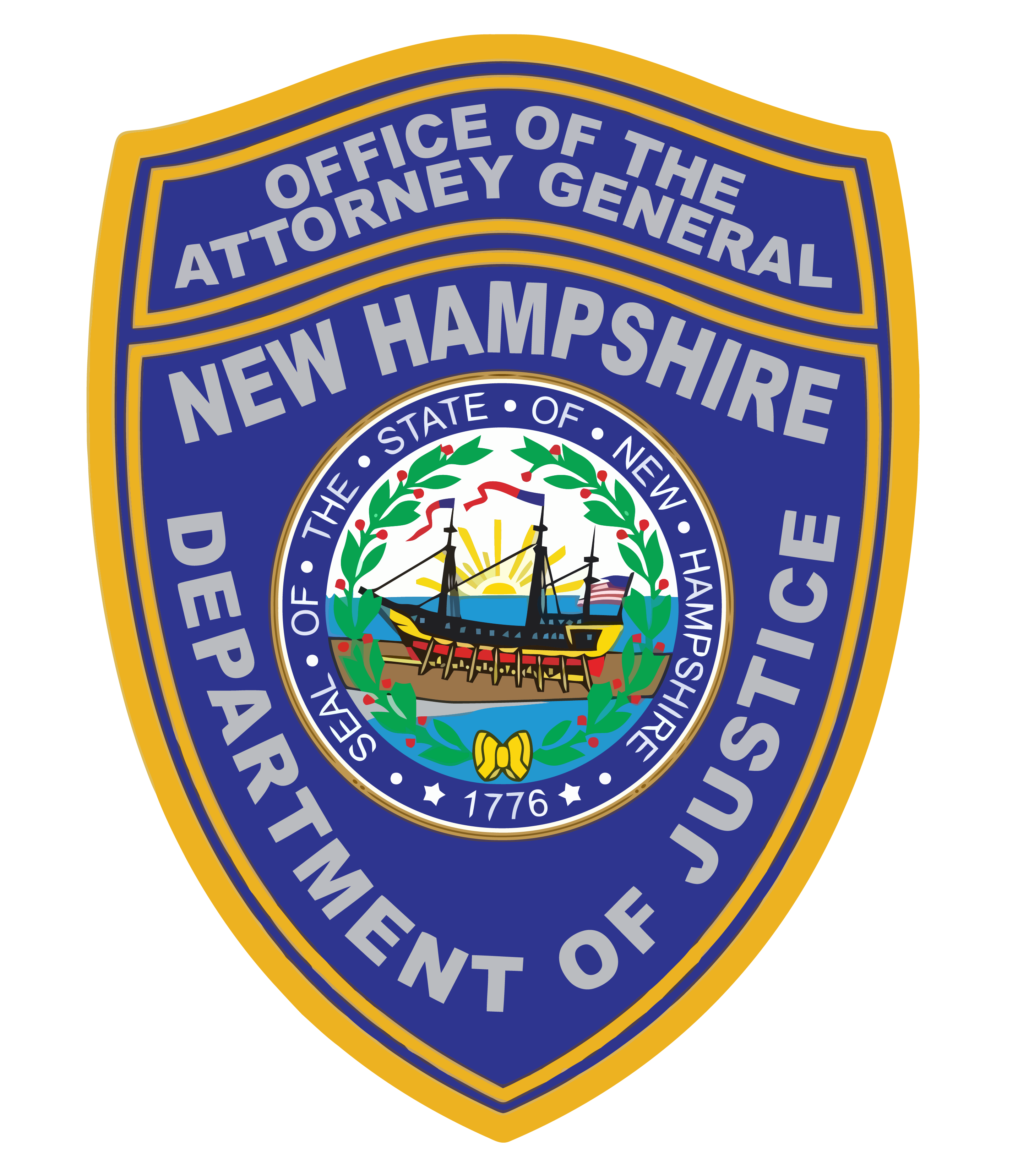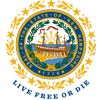Election Law
Part I, Article 11 of the New Hampshire Constitution provides, in part, that "[a]ll elections are to be free, and every inhabitant of the State of 18 years of age and upwards shall have an equal right to vote in any election."
To safeguard this constitutional provision, and pursuant to RSA 7:6-c, the Legislature designates the Attorney General to enforce all election laws in New Hampshire. The Civil Bureau fulfills this responsibility and provides legal counsel to the Secretary of State, who administers elections throughout the State. Civil Bureau attorneys defend the State or the Secretary of State in actions before the Ballot Law Commission, Superior court and the Supreme Court.
If you have a concern, but are uncertain whether it is an election law violation, call or email the Attorney General's Office.
If an issue arises on the day of an election, what can a campaign do to report it?
On statewide election days, the New Hampshire Attorney General sends attorneys and investigators from the office to inspect polling places for compliance with New Hampshire election laws. These individuals are in contact with attorneys at the Attorney General's Office so that they can respond to issues that arise throughout any given statewide election. Candidate campaigns may make complaints concerning alleged violations of election laws prior to, during and after an election by calling the Civil Bureau at (603) 271-3650 or the Election Hotline at 1-866-868-3703.
What constitutes political advertising?
RSA 664:2 defines "political advertising" as "any communication…which expressly or implicitly advocates the success or defeat of any party, measure or person at any election."
The term "communication" includes, but is not limited to:
- publication in any newspaper or other periodical or any Internet site;
- broadcasting on radio, television, or over any public address system;
- transmission by telephone or facsimile;
- placement on any billboards, outdoor facilities, window displays, posters, cards, pamphlets, leaflets, flyers or other circulars;
- direct mailings.
What basic requirements must political advertising for or against a candidate contain?
Pursuant to RSA 664:14, political advertising must include:
- the name and address of the candidate and his fiscal agent or chairman or, if it is not from a candidate campaign;
- the name and address of the treasurer of a political committee or natural person who is responsible for the advertising.
The advertising must clearly designate the name of the candidate, party, or political committee by or on whose behalf the same is published or broadcast.
In print materials, the name and addresses must be printed or written in a legible size. Pursuant to RSA 664:16, political advertisements printed in newspapers, periodicals, or billboards shall be marked at the beginning or at the end thereof as "Political Advertising."
In a television advertisement, the political advertisement must:
- identify, both aurally and visually, the name of the candidate who pays for the advertisement or whose advertisement is paid for by a campaign committee; and
- the visual presentation shall be clearly legible and use letters equal to or greater than 12 percent of the vertical picture height and shall air for not less than 4 seconds at the conclusion of the broadcast.
What are the basic requirements of political advertising if a candidate or candidate committee has not authorized it?
RSA 664:14, VI requires that the advertising:
- state and identify the sponsor of the advertisement;
- include the statement: "This advertisement has been paid for by (name of sponsor) and has not been authorized by any candidate." Such statement shall be made both aurally and visually if broadcast on television;
- the visual presentation shall be clearly legible and use letters equal to or greater than 12 percent of the vertical picture height and shall air for not less than 4 seconds at the conclusion of the broadcast.
Where can political signs be posted?
RSA 664:17 regulates the placement of political advertising.
- Public property – no political advertising shall be placed or affixed to any public property including highway rights-of-way
- Private property – requires the owner's consent
- Utility poles/highway signs – no political advertising is allowed
- State-owned rights-of-way – political advertising is allowed as long as the advertising does not obstruct the safe flow of traffic and the advertising is placed with the consent of the owner of the land over which the right-of-way passes
Who can remove political signs?
RSA 664:14 controls the removal of political advertising.
- Public property – state, city or town maintenance or law enforcement personnel
- Private property – the property owner or those authorized by the propertowner
- Improper Political Advertising – law enforcement personnel may remove
What is the penalty for removing a political sign?
In addition to the available criminal penalties for violating RSA chapter 664, the Legislature has established a civil penalty of up to $1,000 per violation for "removing, defacing, or destroying political advertising on private property." RSA 664:21, VI (a)-(b).
What are the basic requirements of a prerecorded political message (a/k/a "robo calls")?
RSA 664:14-a sets forth the requirements of a prerecorded political message:
- a prerecorded political message must contain within the first 30 seconds of the call: the name of the candidate or any organization the call is made on behalf of and the name of the person or organization paying for the delivery of the message and the name of the fiscal agent, if applicable;
- no person shall deliver or knowingly cause to be delivered a prerecorded political message to any telephone number on any federal do not call list.
What are the basic requirements of a push-poll?
The New Hampshire definition of a push-poll is stated at RSA 664:2, XVII as:
(a) Calling voters on behalf of, in support of, or in opposition to, any candidate for public office by telephone; and
(b) Asking questions related to opposing candidates for public office which state, imply, or convey information about the candidates' character, status, or political stance or record;
(c) Conducting such calling in a manner that is likely to be construed by the voter to be a survey or poll to gather statistical data for entities or organizations which are acting independent of any particular political party, candidate, or interest group.
(d) Such calls last less than 2 minutes; and
(e) Conducting such calling for purposes other than bona fide survey and opinion research. The term "Bona fide survey and opinion research'' means the collection and analysis of data regarding opinions, needs, awareness, knowledge, views, experiences, and behaviors of a population, through the development and administration of surveys, interviews, focus groups, polls, observation, or other research methodologies, in which no sales, promotional, or marketing efforts are involved, and through which there is no attempt to influence a participant's attitudes or behavior. Bona fide survey and opinion research include message testing, which is the study for research purposes of how randomly-selected individuals react to positive or negative information on a candidate, elected public official, or ballot question.
RSA 664:16-a sets forth the requirements of a push-poll. A push-poll must:
- inform the recipient who the telephone call is being made on behalf of, in support of, or in opposition to a particular candidate for public office; and
- identify the candidate by name; and
- provide a telephone number from where the push-polling is being conducted.
If a candidate campaign becomes aware of improper conduct by another campaign, how does it register a complaint?
Candidate campaigns may make complaints concerning alleged violations of election laws prior to, during, and after an election by calling the Attorney General Civil Bureau at (603) 271-3650 or the Elections Hotline at 1-866-868-3703. In addition, complaint forms and other information about filing a complaint can be obtained on the Department of Justice's website.
Leading up to an election, candidate campaigns may contact the following attorneys after normal business hours
(Mon. - Fri. 8:00 a.m. - 5:00 p.m.) if there is an urgent matter that needs to be reported and addressed: Assistant Attorney General Nicholas Chong Yen at (603) 271-0445.



